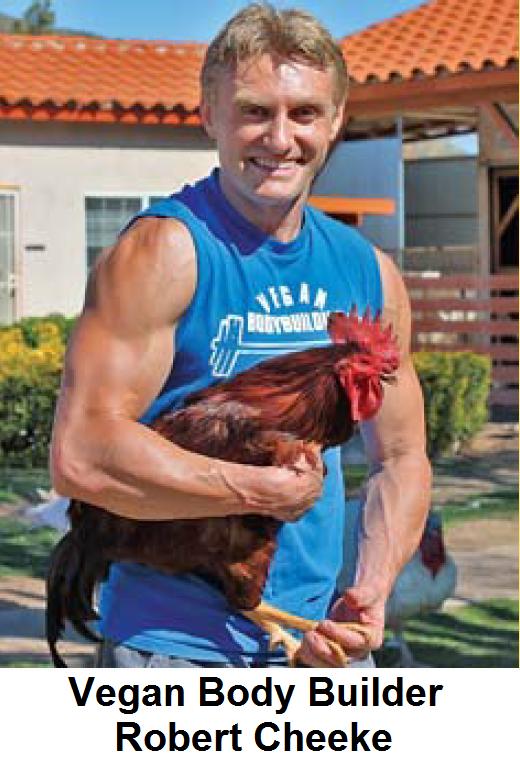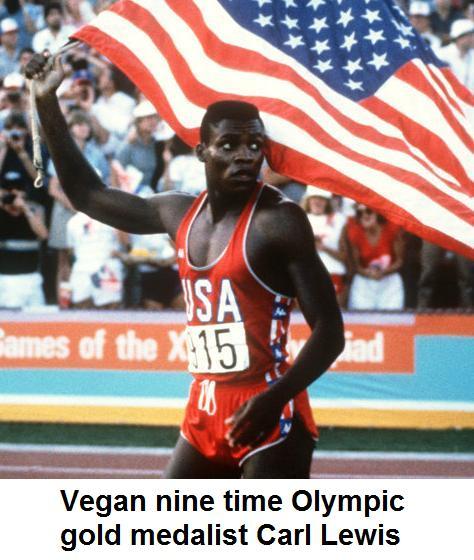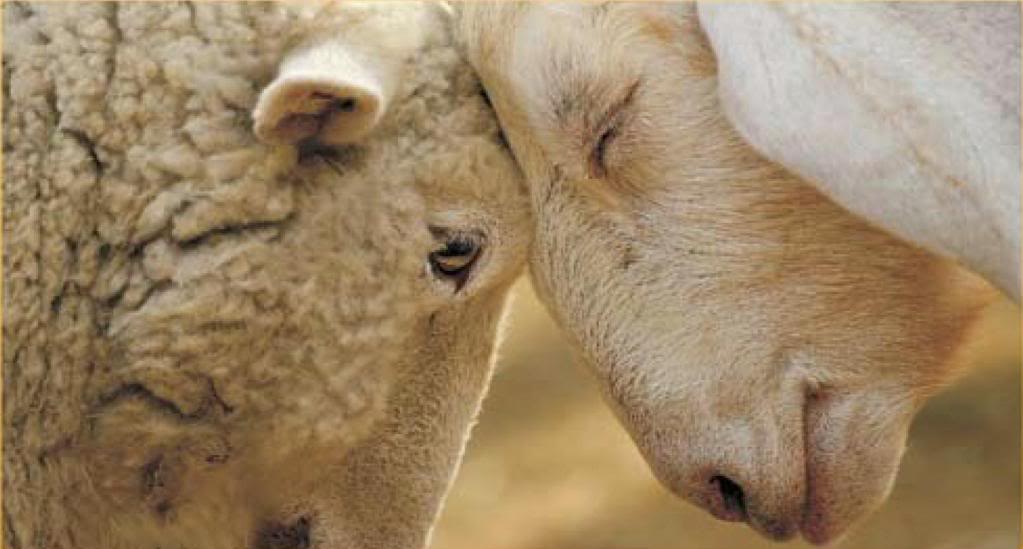|
I am NOT affiliated with PETA, but I think everyone needs to see this. |
|
|
 Please don't eat me For vegan nutrition information, please view For answers to commonly asked questions such as
If you would like to help out, The number of animals which are bred and killed depends directly on consumer demand. Every new vegan saves hundreds of animals from the conditions in this video. More information about how farm animals are treated is available at: http://helpanimals1.com/more_info.html
|
||||
|
In addition to saving animals, going vegan also helps prevent human starvation. If farm land which presently grows crops for livestock was instead used to grow crops consumed directly by humans, we could feed far more people using far less land, fuel, and other resources.
Information on how to go vegan:
http://helpanimals1.com/nutrition.html
Below is a passage from the book
Discussing the macaque monkeys who chose to starve rather than inflict pain on another, Drs. Sagan and Druyan conclude, "Might we have a more optimistic view of the human future if we were sure our ethics were up to their standards?" To this, I would like to add that as we sit back and wonder how we ourselves would behave if we were placed in the situation which the macaques found themselves in, we should realize that this scenario is not a hypothetical one for us. Every time we make a decision of whether or not to eat meat, we are making a decision of whether or not to inflict suffering on others for a reward much smaller than food is for a starving monkey. Unlike the macaques, we have the ability to alleviate our hunger without pulling the chain. This is by eating a vegetarian or vegan diet, which actually happens to be much healthier for us. Therefore, every time we make a decision to eat meat, we are making a decision of whether or not to inflict death and suffering on others simply for the pleasure of tasting meat. However, unlike the macaques, we are not forced to witness the agony of our victims through a one way mirror. I believe that this situation is best summed up by the story of a holocaust survivor who immigrated to the United States, and then rented an apartment above a slaughter house. He said that what he saw in that slaughter house every day was precisely the reason he left Nazi Germany - indifference to the suffering of others simply because they are believed to be different from us.
|



